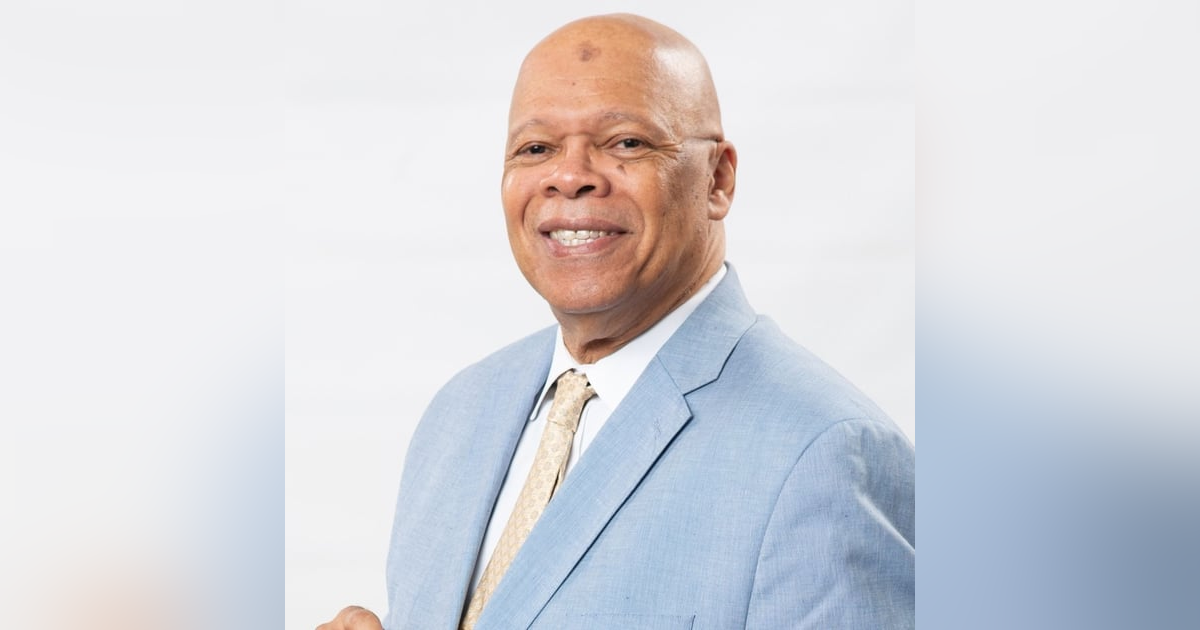Episode 275 - Real Facts About Becoming Debt-Free


Becoming debt-free is a significant financial milestone that can lead to greater financial stability, reduced stress, and increased opportunities for wealth-building, stated Paul during this episode. Achieving and maintaining debt freedom requires a combination of disciplined financial management, strategic planning, and behavioral changes, so keep your seal belt on during this episode.
Here is an in-depth analysis of what it takes to become debt-free and stay that way, accompanied by a few illustrative examples to support the path to debt freedom.
1. Assessing Your Financial Situation
a. Inventory of Debts Begin by listing all your debts, including credit cards, student loans, mortgages, car loans, and any other liabilities. For each debt, note the balance, interest rate, minimum monthly payment, and due dates.
b. Understanding Cash Flow Analyze your income versus your expenses. Identify how much money is coming in each month and where it's going. This will help you understand how much you can allocate toward debt repayment.
c. Credit Score Evaluation Check your credit score to understand how your debt impacts your financial health. A higher credit score can provide better interest rates and more favorable loan terms in the future.
2. Creating a Debt Repayment Plan
a. Budgeting Develop a realistic budget that prioritizes debt repayment while covering essential living expenses. Tools like the 50/30/20 rule (50% needs, 30% wants, 20% savings/debt repayment) can be helpful.
b. Debt Repayment Strategies Two popular methods are the Debt Snowball and Debt Avalanche methods:
• Debt Snowball: Focus on paying off the smallest debts first to build momentum.
• Debt Avalanche: Target debts with the highest interest rates first to minimize the total interest paid.
c. Consolidation and Refinancing Consider consolidating high-interest debts into a single loan with a lower interest rate.
This can simplify payments and reduce the amount of interest you pay over time.
3. Reducing Expenses and Increasing Income a. Cutting Unnecessary Expenses Identify and eliminate non-essential spending.
a. This might include dining out less, canceling unused subscriptions, or finding cheaper alternatives for certain services.
b. Increasing Income Explore opportunities to boost your income, such as taking on a side job, freelancing, or selling unused items. Additional income can accelerate debt repayment.
4. Behavioral Changes and Financial Discipline a. Avoiding New Debt Commit to not accumulating new debt while paying off existing obligations. This may involve using cash instead of credit cards or setting stricter spending limits.
b. Building an Emergency Fund Establish a small emergency fund (e.g., $1,000) to cover unexpected expenses. This prevents the need to rely on credit cards in case of emergencies.
c. Mindful Spending Practice conscious spending by distinguishing between needs and wants. Make informed purchasing decisions and delay gratification to prioritize debt repayment.
5. Monitoring Progress and Staying Motivated a. Regularly Review Finances Consistently track your progress toward debt freedom.
a. Adjust your budget and strategies as needed to stay on course.
b. Celebrate Milestones Acknowledge and celebrate small victories, such as paying off a credit card or reaching a savings goal. This reinforces positive behavior and maintains motivation.
c. Seek Professional Help if Needed If you're struggling, consider consulting a financial advisor or credit counselor. Professional guidance can provide personalized strategies and support.
Conclusion Achieving debt freedom is a multifaceted process that involves careful planning, disciplined execution, and ongoing commitment. By assessing your financial situation, creating a strategic repayment plan, reducing expenses, increasing income, and making necessary behavioral changes, you can eliminate debt and build a solid foundation for financial stability.
Watch this episode on Paul's YouTube Channel: https://www.youtube.com/@WealthAcademyPodcast/videos
Schedule a free financial coaching session with Paul: https://tinyurl.com/446ad2yx
Support this podcast at — https://redcircle.com/wealth-academy-podcast-wealth-is-more-than-just-money/donations




